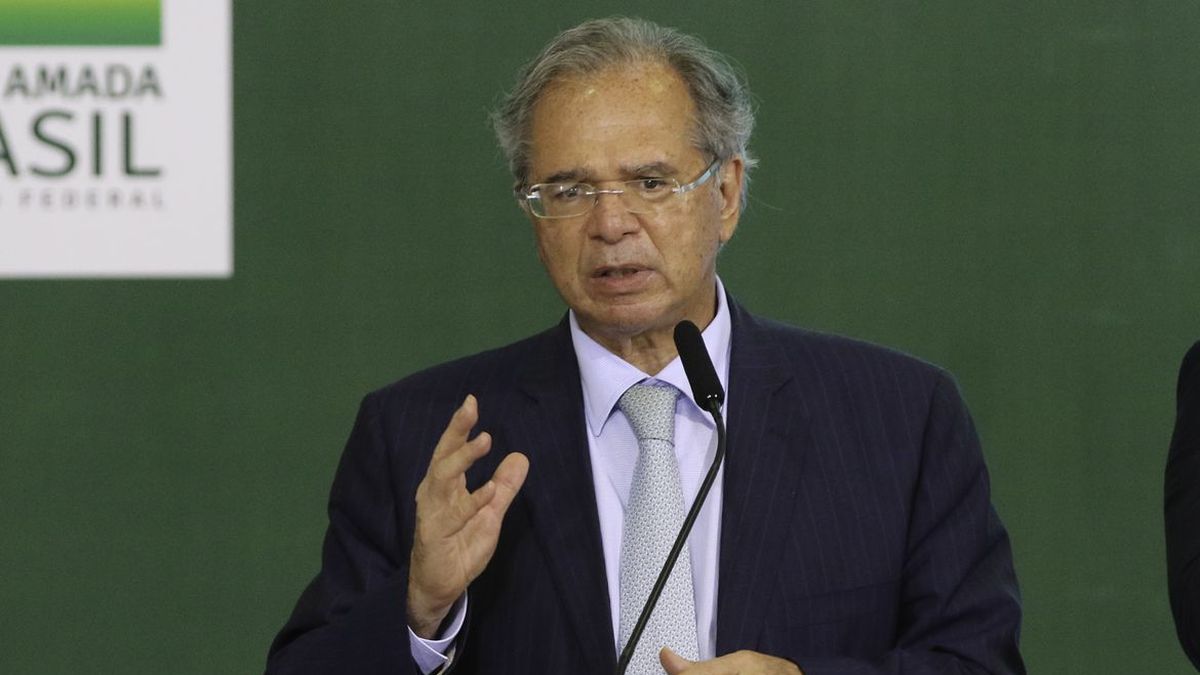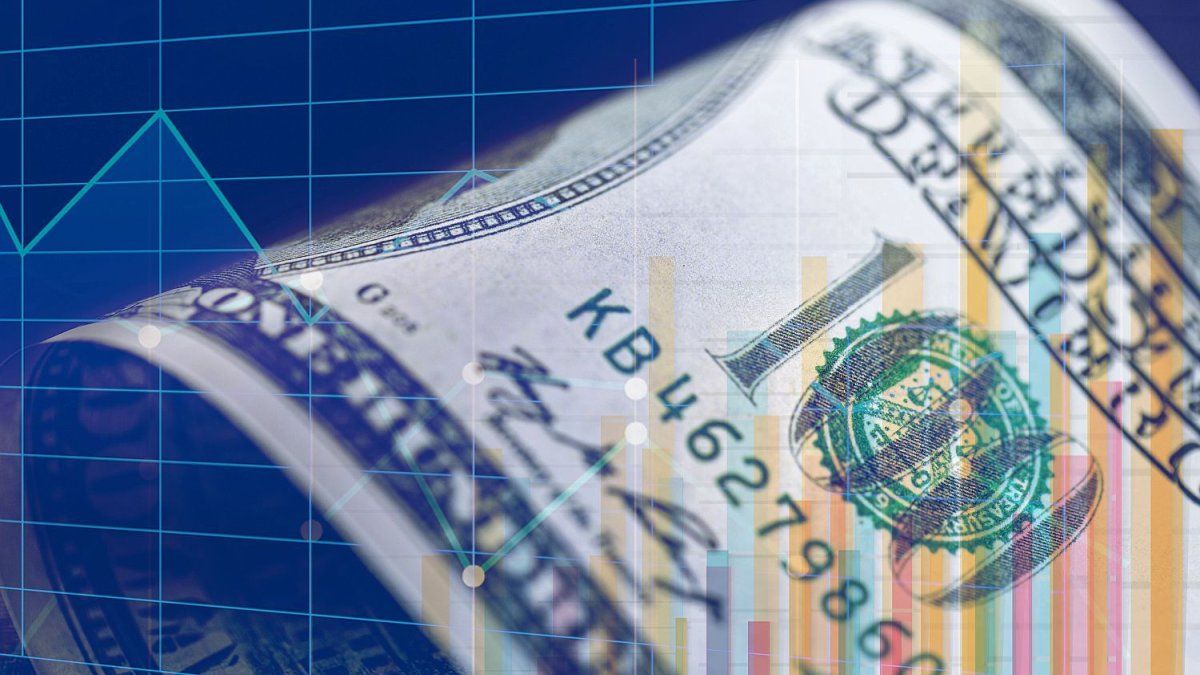The consultants surveyed by the Brazilian Central Bank estimated that inflation will be around 5.4% during 2022, showing a marked slowdown compared to last year (10.1%).
In this scenario, after raising the reference rate to 10.75% last week, the Central Bank did not rule out further hikes, albeit smaller ones, and assured that it will maintain “aggressive monetary tightening until inflation converges within the objectives”.
The director of monetary policy of the Central Bank of Brazil Bruno Serra said yesterday that the entity still has to make adjustments in rates and that there is still “a lot of work ahead. Serra also pointed out that monetary policy decisions have an effect on economic activity after six months, also reflecting on inflation from that moment on. Finally, he said that although rates are already above the level considered neutral, the Central Bank will set the Selic (reference rate) “even higher than that.”
In this scenario, local and regional analysts estimate that the higher rates will weigh on the Brazilian economy, while in turn “raising the costs of sovereign loans.” As analyzed by Bloomberg, the rise in rates for now “has contributed to taking the economy into a recession.”
local impact
A lower growth of the economy in the main Argentine trading partner, can impact the exchange. This is how he explained it days ago to Ambit the economic consultant santiago manukian: “In general, it is estimated that for each point of GDP that Brazil grows, the Argentine economy benefits by 0.3 points of growth. Therefore, focusing on the slowdown in growth, which is going to have an impact on our exports, is important. Above all, taking into account industrial exports. It should be borne in mind that a moderation in growth in Brazil, which is estimated at 0.3%, could put pressure on imports due to surplus production in Brazil. Not only to Argentina, but to the region”.
Meanwhile, when analyzing the economic situation in Brazil, the director of IERAL Jorge Vasconcelos he remarked: “The problem is that there is a lack of credibility. The rise in the short-term interest rate is transmitted along the entire curve, so the rate in reais of long Brazilian Treasury bonds is also 11%. A successful stabilization policy is one in which you raise the short-term interest rate to combat inflation, but the long-term interest rate should be between 6% and 7%. That is not what is happening: the long-term interest rate on Brazil’s Treasury bonds is around 11%. That is why this braking effect is produced in economic activity: it is not because of the short-term rate, it is because the long-term rate does not go down. And this does not go down because of a problem of confidence, of credibility, because the public debt is rising”.
In this scenario, after exports “stagnated” in January and the balance showed a deficit balance of US$148 million, from the Abeceb consultancy they highlighted: “Beyond the specific factors that may affect the month to month, the truth is that January seems to mark a turning point towards a significant moderation of international and bilateral trade (especially with a Brazil that would barely grow 0.3% or 0.4% in 2022 depressing the demand for our exports), with exports that will be more affected than imports”.
Source: Ambito
David William is a talented author who has made a name for himself in the world of writing. He is a professional author who writes on a wide range of topics, from general interest to opinion news. David is currently working as a writer at 24 hours worlds where he brings his unique perspective and in-depth research to his articles, making them both informative and engaging.




